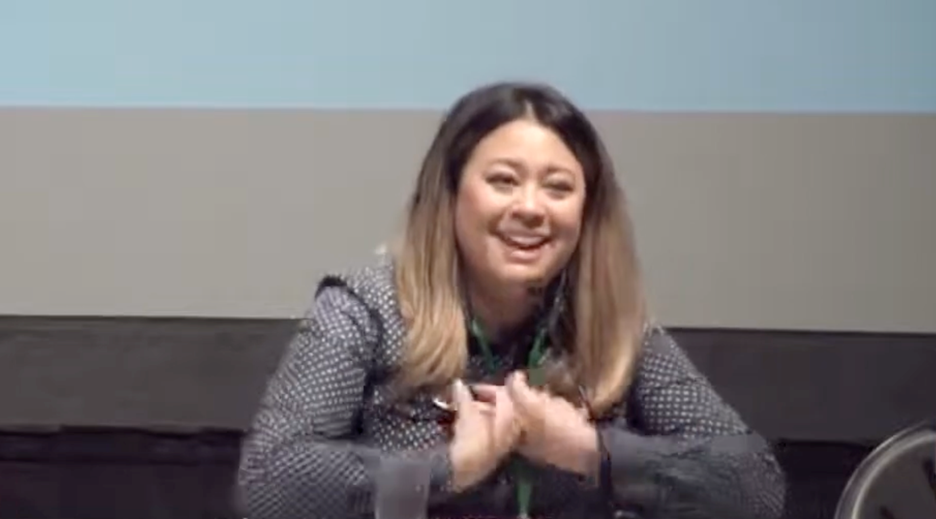This article is part of the series YIMBYtown 2022
The conversation shared below was part of the YIMBYtown 2022 conference, cohosted by Sightline Institute and Portland: Neighbors Welcome.*
Elected officials spend most of their time listening to constituents gripe about housing. In this panel, the tables are turned: Three public officials who have championed various initiatives relating to housing abundance, tenant protections, and addressing homelessness share their experiences and lessons learned from advocating for housing justice. They also offer guidance on how organizers and advocates can better support efforts for successful policy victories.
- Washington state representative Jessica Bateman (22nd Legislative District) shares her experiences in working on zoning reform. She advises that while it’s tempting to solve all housing problems with one bill, getting overly ambitious can lose support on both sides of the aisle. The key to passing zoning and housing reform, she says, is not getting into policy debates but instead centering people and their stories, and really hearing what these issues mean for them and their families.
- St. Paul city councilmember Mitra Jalali (the only renter on the council) speaks passionately about the challenges and barriers BIPOC, immigrants, refugees, and those in poverty face in housing. She emphasizes the need to present the faces of people we know—neighbors, community members, families—and how we’re all united around a values-based vision. She also stresses the importance of listening to the heart of people’s concerns and of helping naysayers see that changes will actually have a neutral impact on their lives while bringing some amazing things.
- Former Oregon House Speaker and gubernatorial candidate Tina Kotek notes that when thinking about middle housing, what it means to have a home, what it should look like, and how zoning can inhibit housing options, it’s important to ask why: Why is it this way? Why can’t it be changed? Why can’t it be different? She encourages advocates keep pushing on system levers and reminds them that they will lose a few times but cannot give up, because it’s all about timing, plus a little bit of luck.
- Conor Dougherty, author of Golden Gates: Fighting for Housing in America and an economics reporter at the New York Times, moderates the session. Topics include how housing became the panelists’ primary cause and how it relates to other issues such as health care; the interplay between state and local government, and which is better suited to address housing; and how legislators can be conduits for groups and coalitions to help them overcome their differences when championing the common cause.
Related:
- Washington Bill Would Legalize Low-cost “Co-living” Homes
- Montana’s Big Bipartisan Housing Deal
- UPDATED: 50 Housing Bills and How They Fared in Olympia
- Washington’s 2023 Middle Housing Bill, Explained
*YIMBYtown 2022 occurred April 11–13 in Portland, Oregon, the fourth annual gathering (after some COVID delays) of “Yes in My Back Yard” (YIMBY) community leaders, organizers, planners, policymakers, educators, and housing providers eager to share resources and strategies for building more affordable, sustainable, and equitable communities.

